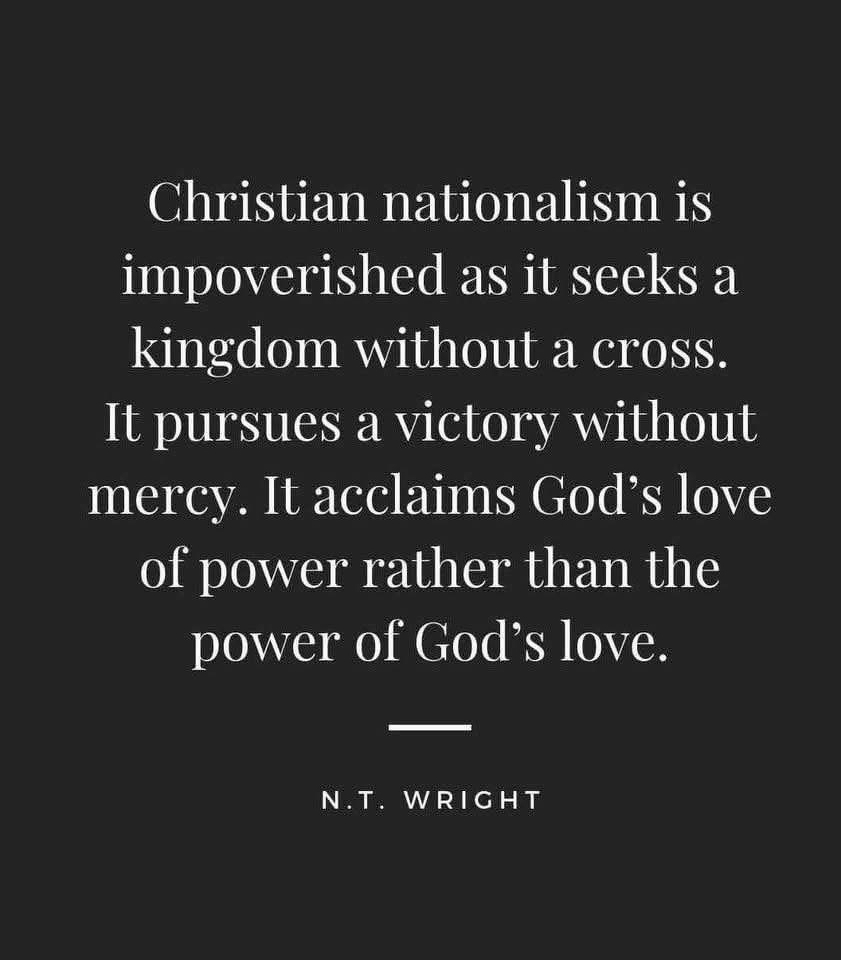
I started reading: The Strength of the Few by James Islington 📚
Diving in to the second hierarchy series tale.

I started reading: The Strength of the Few by James Islington 📚
Diving in to the second hierarchy series tale.

Finished reading: The Sunlit Man by Brandon Sanderson 📚
Such a fun read! It was great to see what happened with one of my favorite characters from Stormlight Archives.
Next up: The Strength of the Few, book 2 of the Hierarchy series.

Finished reading: The Lost Metal: A Mistborn Novel (Mistborn, 7) by Brandon Sanderson 📚
I can totally picture how this series will be serialized and I am so excited for it to hit Apple TV.
Do you ever bump into a quote that just resonates for you? I bumped into this one by David Foster Wallace today and it did just that today:
“The really important kind of freedom involves attention, and awareness, and discipline, and effort, and being able truly to care about other people and to sacrifice for them, over and over, in myriad petty little unsexy ways, every day.” - David Foster Wallace

Currently reading: The Lost Metal: A Mistborn Novel (Mistborn, 7) by Brandon Sanderson 📚
”What’s the point of all this if people can’t change.” - Wax

I started reading: Fight Like Jesus by Jason Porterfield 📚
A friend is hosting a weekly discussion of this text. I can’t attend but, I am reading alongside. I think I will share some thoughts throughout Lent from this little book.
Tomorrow at Tap Room we are discussing nationalism, not just the Christian variant. This description of Christian nationalism by Tom Wright hits the nail on the head.

“Power concedes nothing without a demand. It never did and it never will. Find out just what any people will quietly submit to and you have found out the exact measure of injustice and wrong which will be imposed upon them, and these will continue till they are resisted with either words or blows, or with both. The limits of tyrants are prescribed by the endurance of those whom they oppress.”

Finished reading: Humanism from the Heart by Steve Ghikadis, B.A., BEd 📚
This was a really enjoyable memoir. The author, an atheist-humanist is winsome, kind, and generous.
This work is not about tweaking personalities or winning power struggles. It is about creating the conditions for deep change. And that begins with fostering enough safety for courage to grow. It is about staying present long enough for shame to loosen its grip.

Currently reading: The Sunlit Man by Brandon Sanderson 📚
Starting a new stand alone tonight. The Cosmere is just so addictive!

Finished reading: The Will of the Many by James Islington 📚
This book read like Red Rising meets Mistborn meets Ancient Rome. I really enjoy the political intrigue that is building.

Currently reading: The Lost Metal: A Mistborn Novel (Mistborn, 7) by Brandon Sanderson 📚
I am excited for the final installment of the Wax and Wayne series.

Finished reading: The Bands of Mourning: A Mistborn Novel (Mistborn, 6) by Brandon Sanderson 📚
These Wax and Wayne books are an absolute blast. The number of times that I laugh out loud is ridiculous.
“Christianity stands or falls with its revolutionary protest against violence, arbitrariness and pride of power and with its apologia for the weak. – I feel that Christianity is rather doing too little in showing these points than doing too much. Christianity has adjusted itself much too easily to the worship of power. It should give much more offence, more shock to the world, than it is doing. Christianity should take a much more definite stand for the weak than to consider the potential moral right of the strong.”